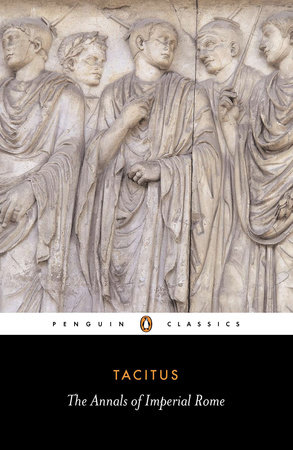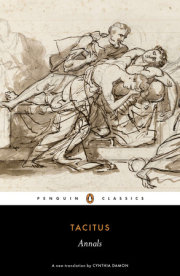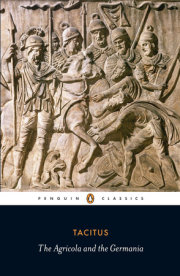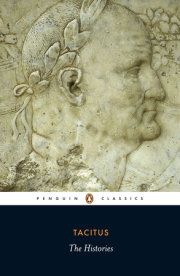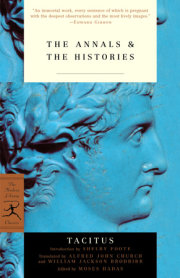The Annals of Imperial Rome
Translator's Introduction1. The Life and Works of Tacitus
2. What Tacitus Inherited
3. Tacitus on Empire and Emporers
4. Tacitus and the World
5. The Style of Tacitus: Translator's Note
Imperial Rome
Part One: Tiberius
1. From Augustus to Tiberius (Bk, I. 1-15)
2. Mutiny on the Frontiers (I. 16-49)
3. War with the Germans (I. 49-II. 26)
4. The First Treason (II. 27-52)
5. The Death of Germanicus (II. 52-III. 19)
6. Tiberius and the Senate (III. 19-76)
7. Partner of My Labours (IV, V)8. The Reign of Terror (VI)
Part Two: Claudius and Nero
9. The Fall of Messalina (XI)
10. The Mother of Nero (XII)
11. The Fall of Agrippina (XIII, I-XIV. 13)
12. Nero and his Helpers (XIV. 14-65)
13. Eastern Settlement (XV. 1-32)
14. The Burning of Rome (XV. 32-47)
15. The Plot (XV. 48-74)
16. Innocent Victims (XVI)
List of Roman Emporers
Lists of Some Eastern Monarchs
Key to Technical Terms
Key to Place-Names
Genealogical Tables
Further Reading
index of Personal Names

